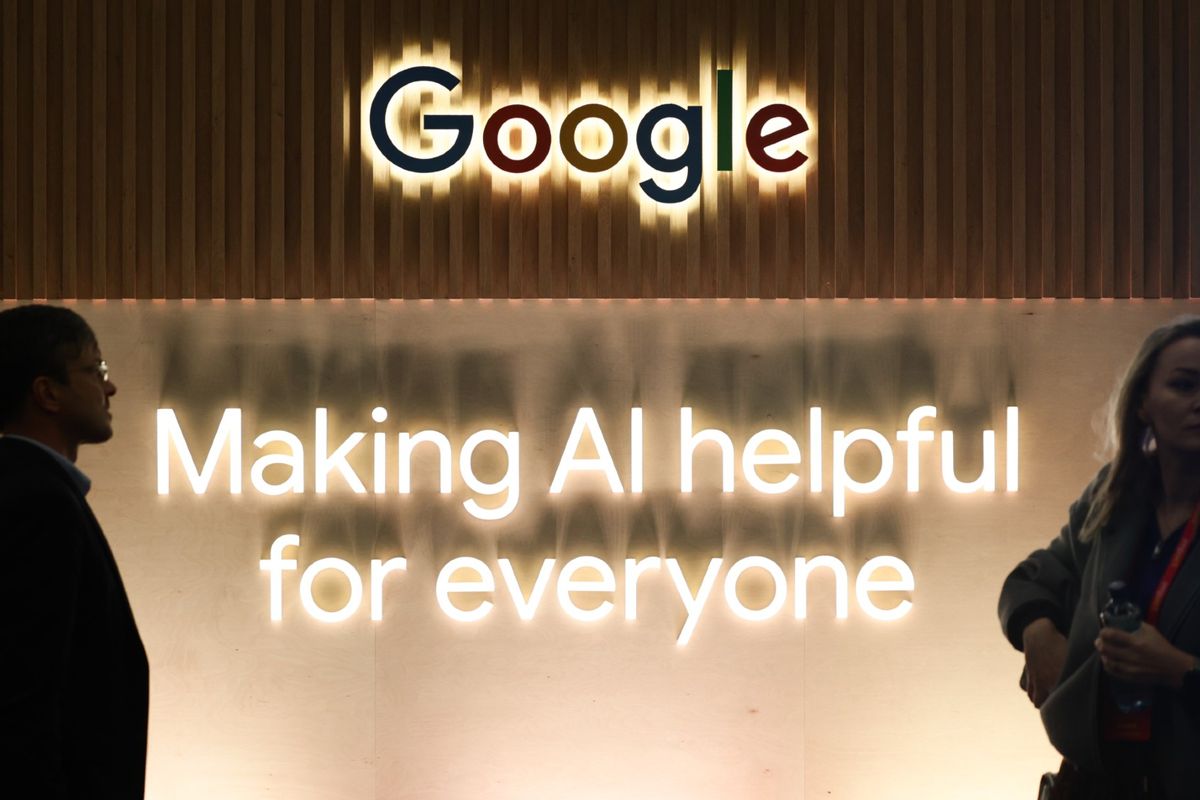Google’s new “AI Overview” feature, which provides aggregated results compiled by artificial intelligence above some search results, seems to be giving inaccurate and, in some cases, dangerous results.
Social media users immediately pointed out that the feature — which launched to the public earlier this month, superseding organic search results — was giving out some dubious responses. The engine, which holds over 90% market share in the search space, gave advice on cheese sliding off a pizza that raised some eyebrows: mix glue into the cheese.
But unappetizing recipes aren’t the most harmful results that the feature can kick out. Per one X user, Google responded to a prompt about sanitizing a washing machine with a potentially deadly recipe for mustard gas (a threat which the AI feature confirmed via a search.)
And while many large language models, including OpenAI’s Chat GPT and Meta’s Llama, scrub the internet for training data without permission, Google’s overview feature appears to be pretty blatant in its plagiarism. According to one X user, Google added the term “my kid’s favorite” to a smoothie recipe, borrowing the language from a recipe website that posted a similar concoction.
Google, developing the feature in response to Microsoft and Open AI's Bing CoPilot, claims that the program benefits smaller sites, pulling their content into results and reaching more searchers.
“With AI Overviews, people are visiting a greater diversity of websites for help with more complex questions,” an announcement of the feature read. “We see that the links included in AI Overviews get more clicks than if the page had appeared as a traditional web listing for that query.”
Critics worry that the AI-generated results will actually prevent click-through to the original providers of the information that Google sources, ultimately starving the publications that AI Overview relies on. The News Media Alliance, a body representing publishers, called for increased action against AI models which train on content without permission.
“AI companies recognize the value of this content, evidenced by marketplace arrangements, and they rely on quality content to train their systems. The continued unconstrained use by AI companies of publishers’ valuable content without proper compensation is unlawful,”Alliance President and CEO Danielle Coffey said in a statement on legal action against OpenAI.
Google includes a disclosure, “generative AI is experimental,” underneath the AI-generated results, but the results still pose a challenge in an age of growing dependence on computer-generated content.
If you’re searching for alternatives to the tech giant Alphabet’s search engine, heed the AI’s own advice and try a search engine that actually “prioritizes what you're looking for without bias."

Shares